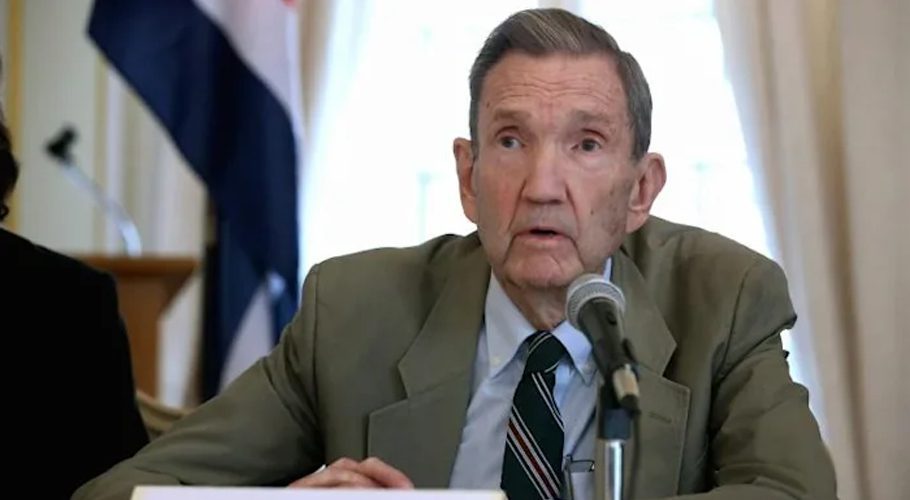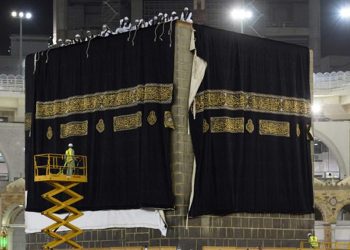NEW YORK: Former US Attorney General Ramsey Clark, who came to Pakistan in 1976 to defend under-trial Zulfikar Ali Bhutto but was prevented by General Zial-ul-Haq’s military regime from appearing in the Supreme Court, has died at his home in New York City.
His niece Sharon Welch announced the death of Clark, 93, an eminent human rights lawyer who became a champion of civil rights and liberties around the world after serving from 1967 to 1969 as the top law enforcement official in the administration of President Lyndon Johnson.
After Bhutto’s controversial trial and later execution, Clark called the former Pakistani prime minister a “victim of legalized political murder.” Clark, who became a harsh critic of US policy, denounced American actions, among other countries, in Vietnam, Persian Gulf and Libya. He also protested lethal attacks by unmanned American drone aircraft on other nations.
In 2008, the United Nations General Assembly awarded Clark its Prize in the Field of Human Rights, which it gives every five years to human rights defenders. The UN commended him for speaking out against abuses by the United States in its campaign against terrorism.
Ramsey Clark promoted civil rights as America’s top law enforcement official in the 1960s but later helped defend Saddam Hussein and Slobodan Milosevic in court.
While serving under president Lyndon Johnson, Clark’s Justice Department prosecuted popular author and pediatrician Benjamin Spock for helping Vietnam War protesters evade the draft. He also filed the first school desegregation and voting rights suits in the US North.
He became a defender of unpopular figures and causes, including Saddam Hussein, Slobodan Milosevic, the ex-Yugoslav president accused of war crimes, and Mumia Abu-Jamal, a former Black Panther jailed in Pennsylvania for killing a policeman. Everyone, however unpopular, deserved a proper defense, he insisted.
Despite Clark’s criticism of US policies, president Jimmy Carter turned to him to attempt to negotiate the release of the 53 American hostages held in Tehran in 1979.
Clark later returned to Iran on his own and said the continuing hostage taking was “understandable”. He urged the US to apologize to Iran for misdeeds, drawing a warning from a furious Carter.
Clark met with Communist officials in Hanoi during the Vietnam War and blasted US conduct there. He sued the US government for bombing Libya after a 1986 terror attack in Berlin, and he opposed the US wars with Iraq.
Born in Dallas in 1927, Clark joined the Marine Corps in 1945 and served as a courier in Europe, where he witnessed the devastation wrought by the war. Returning to the US, he earned a law degree from the University of Chicago. His father had been a Supreme Court justice who resigned to avoid an appearance of conflict of interest.
In 1961, Ramsey Clark went to work for Robert Kennedy’s Justice Department, gaining a reputation as an efficient administrator, and in 1967 was named by Johnson, a fellow Texan, to head the department.
He was involved in drafting the landmark Civil Rights Act of 1968 and also ordered an end to federal executions. Clark later ran twice for the US Senate from New York but didn’t.


































